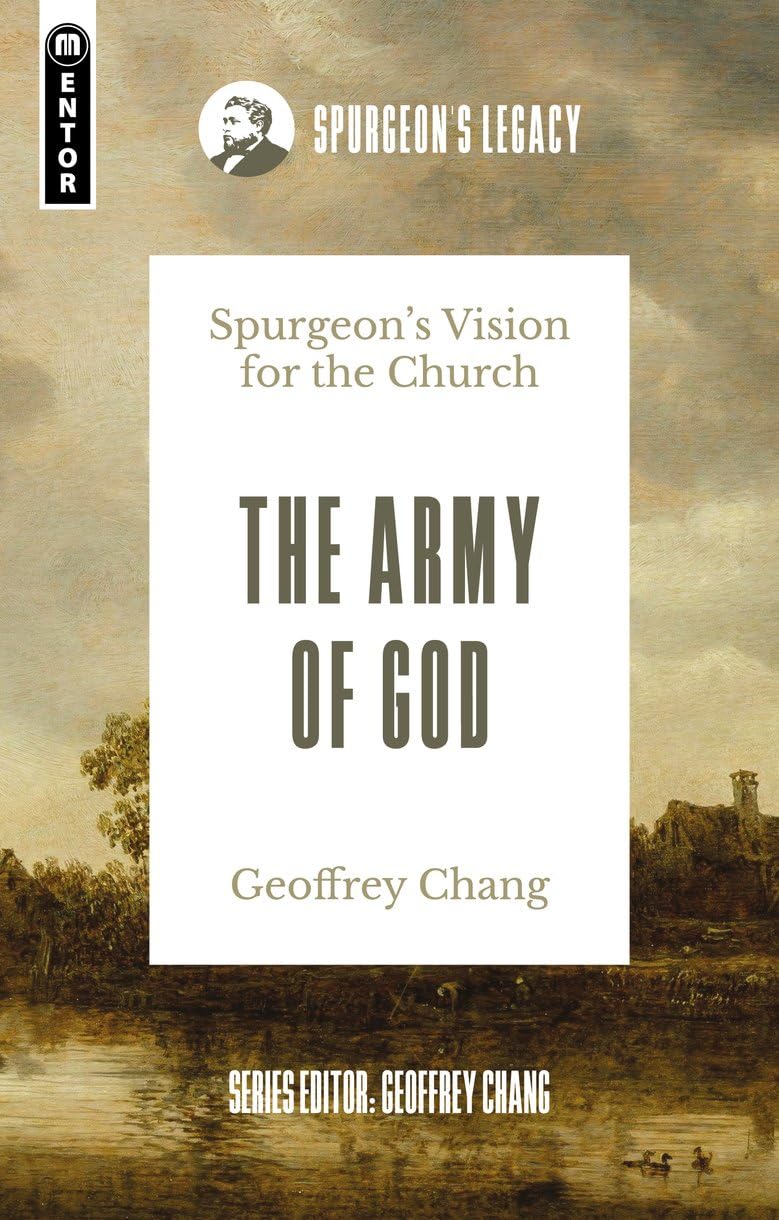Join our list
Subscribe to our mailing list and get interesting stuff and updates to your email inbox.

Publisher: Christian Focus Publications
Price: $2.99 (Ends Oct 18)
The figures associated with Charles Haddon Spurgeon’s ministry are staggering. Between his preaching and the printings of his sermons, he reached hundreds of thousands of people, in his lifetime and in the years since. But he was not an itinerant preacher or writer or philanthropist. He faithfully served the Metropolitan Tabernacle from his arrival in 1854 to his death in 1892. Undergirding everything else was this central responsibility: Spurgeon was the pastor of a church.
What was Spurgeon’s ecclesiology and how did it affect how he ordered and led his local church? Chang examines Spurgeon’s Reformed ecclesiology and Baptist polity and looks at how they were shaped by his militant church outlook in this first book in the Spurgeon’s Legacy series.

Publisher: Lifeway
Price: $4.99 (Oct 10 Only)
**Winner of The Gospel Coalition Book Award 2022 for Biography & History**
How would you get more than 5,000 people to show up at your church?
Almost every pastor feels the pressure to get people in the doors. More people means more success, more stability, and more godly influence, right? Often, in their zeal for fruit and growth, pastors and church leaders adopt worldly mechanisms for church growth that end up undermining the very call God has given them.
Charles Spurgeon, the Prince of Preachers, was a pastor to well over 5,000 people in a day long before “mega-churches” were the norm. But you might be surprised to know that Spurgeon’s vision for ministry was not pragmatic. He did not borrow “best practices” from the business leaders of his day. Rather, his ministry vision was decidedly, staunchly biblical and theological in nature—and it was a ministry vision we ought to adopt more than a century later.

Publisher: B&H Books
Price: $4.99 (June 14 Only)
**Winner of The Gospel Coalition Book Award 2022 for Biography & History**
How would you get more than 5,000 people to show up at your church?
Almost every pastor feels the pressure to get people in the doors. More people means more success, more stability, and more godly influence, right? Often, in their zeal for fruit and growth, pastors and church leaders adopt worldly mechanisms for church growth that end up undermining the very call God has given them.
Charles Spurgeon, the Prince of Preachers, was a pastor to well over 5,000 people in a day long before “mega-churches” were the norm. But you might be surprised to know that Spurgeon’s vision for ministry was not pragmatic. He did not borrow “best practices” from the business leaders of his day. Rather, his ministry vision was decidedly, staunchly biblical and theological in nature—and it was a ministry vision we ought to adopt more than a century later.


